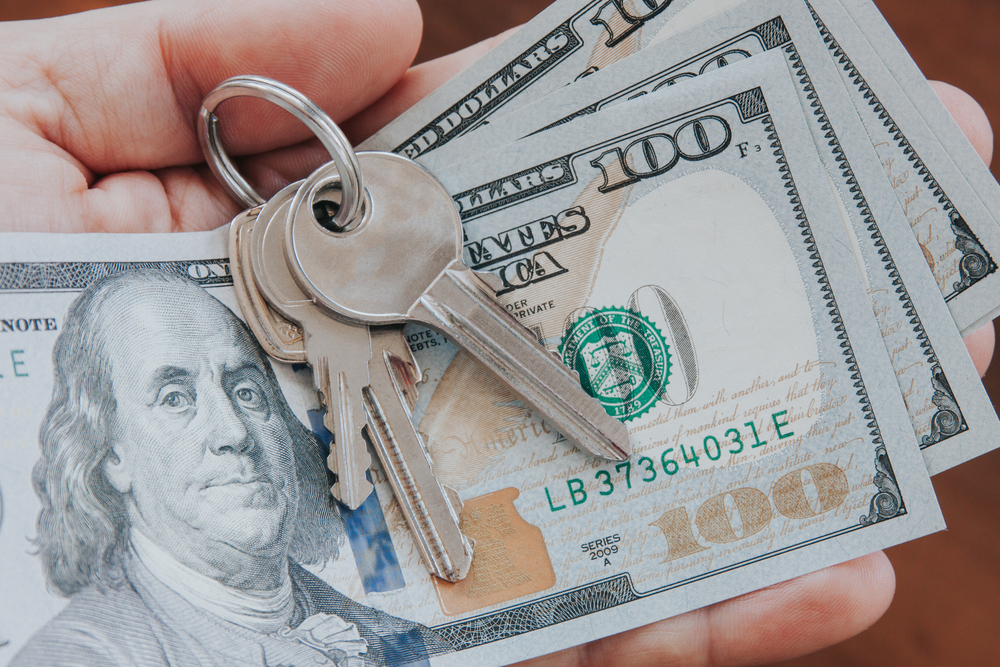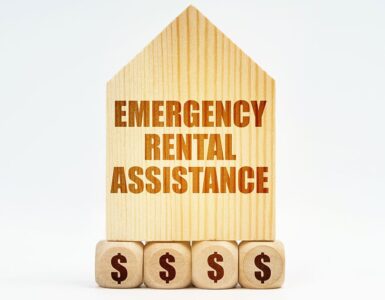A security deposit can be a huge obstacle for anyone looking to move into a new home. For a low-income family, however, it can make the process of moving into a safer, more affordable neighborhood nearly impossible.
While there may not be a ton of funding for it, some security deposit assistance programs do exist. We’ll discuss them now, so you can start securing that upfront cash you need soon.
1. Community action agencies
These local non-profit organizations exist from coast to coast and offer a helping hand to residents in various ways, including security deposit assistance.
Community action agencies receive funds and donations from a variety of sources, such as:
- The federal government
- Faith-based organizations
- The United Way
- Corporations
They then take those funds and disburse them to county residents, with an emphasis on helping low-income families in need.
While you could turn to your local community action agency for help with paying your security deposit, it could also help you with securing housing, paying rent, or getting off the streets if you’re homeless.
To find your nearest “community action agency,” do an online search for that three-word phrase plus the city or county in which you live in.
If they say they do not provide security deposit assistance, ask for a referral so they can point you in the right direction.
2. Federal programs
You may be able to find funding for your security deposit through the federal government if you are on the verge of being evicted or are already homeless.
Two programs that may offer security deposit assistance include the Emergency Shelter Grants (ESG) program and the Continuum of Care (CoC).
Security deposit resources from these programs, if available, will likely be minimal. If you are facing eviction or are homeless, be sure to mention that when contacting either program, as it could help you find help faster.
Local non-profit agencies disburse federal funds to those who qualify. Note that many states will only pay a portion of your security deposit, and you’ll be expected to come up with the rest.
Keep in mind that if you can prove you’ve been working and doing your best to become self-sufficient, you may have a better chance of being eligible for assistance.
3. Salvation Army
Your local Salvation Army branch may offer security deposit assistance. As with other programs, expect funding to be extremely limited and reserved for those truly in need.
For example, if you’re moving from transitional housing or shelter to a new home, you may be at the front of the line when it comes to receiving security deposit help.
4. Other charities
Local churches or charities may also lend a helping hand with paying your security deposit, so be sure to look and ask around to see if such a program exists.
On a national basis, you can visit the Catholic Charities or Society of St. Vincent de Paul websites to see if they provide security deposit assistance near you.




